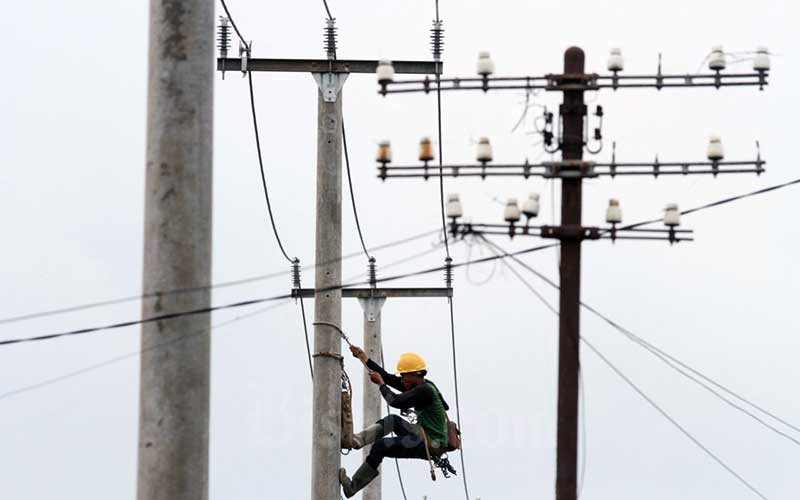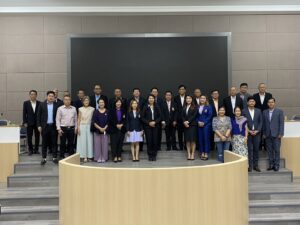[ad_1]
District Court Judge Ernest Lin Kam-hung had said in sentencing that John “distorted history, demonised the Chinese government, and appealed to foreign countries to destroy Hong Kong and China”.
President of dissolved Hong Kong party jailed for 5 years for conspiracy offence
President of dissolved Hong Kong party jailed for 5 years for conspiracy offence
In a non-binding urgency resolution that was adopted by a show of hands during the last sitting of EU lawmakers before elections in June, members urged the Hong Kong government “to immediately and unconditionally release” John along with other detainees including democracy activist Andy Li and newspaper publisher Jimmy Lai Chee-ying.
The resolution also criticised the detention of Polish national Aleksandra Bielakowska, a staff member for Reporters Without Borders, who travelled to Hong Kong from Taiwan to attend Lai’s trial.
Lai, the former owner of the now-defunct newspaper Apple Daily, is currently on trial for conspiring to commit foreign collusion and publish seditious material.
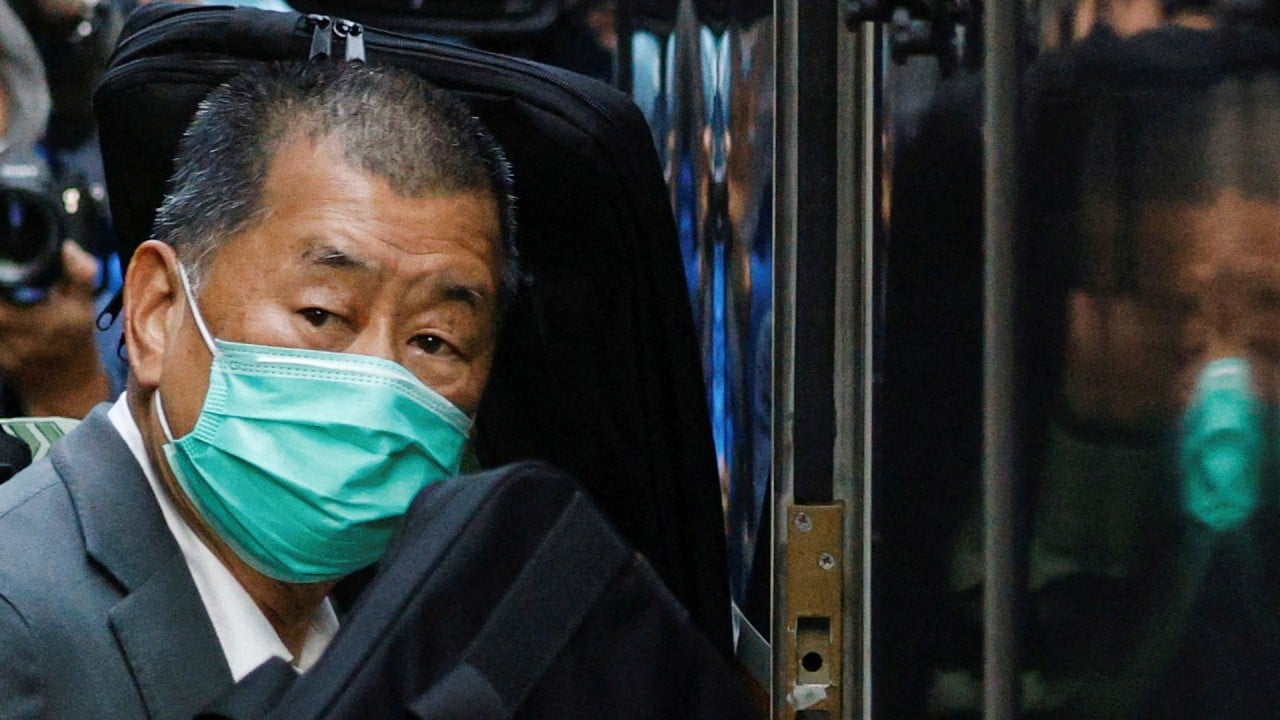
04:03
Hong Kong media tycoon Jimmy Lai’s high-stakes national security trial gets under way
Hong Kong media tycoon Jimmy Lai’s high-stakes national security trial gets under way
Both in its resolution and during a debate in Strasbourg on Wednesday night, the parliament reiterated a long-standing request for the European Union to impose sanctions on Chief Executive John Lee Ka-chiu.
The 500-word resolution “urges the [European] Council to review its 2020 Conclusions on Hong Kong and adopt sanctions under the EU Global Human Rights Sanctions Regime against Chief Executive John Lee and all HK and PRC officials responsible for the crackdown on freedoms in HK”.
There are generally three urgency resolutions about topical human rights issues at each of the European Parliament’s plenary sessions. They are negotiated quickly among a small group of lawmakers, before being debated and voted on by the chamber.
Key prosecution witness in Jimmy Lai case admits to lying to Hong Kong police
Key prosecution witness in Jimmy Lai case admits to lying to Hong Kong police
As well as Hong Kong, lawmakers this week adopted resolutions voicing “concern over potential repeal of female genital mutilation ban in The Gambia” and “the repression of civil society” in Azerbaijan.
The Hong Kong resolution condemned the passage of Article 23, a domestic national security bill that was fast-tracked through the city’s Legislative Council in March.
The Safeguarding National Security Ordinance spans 39 offences divided into five categories: treason; insurrection, incitement to mutiny and disaffection, and acts with seditious intention; sabotage; external interference; and theft of state secrets and espionage.
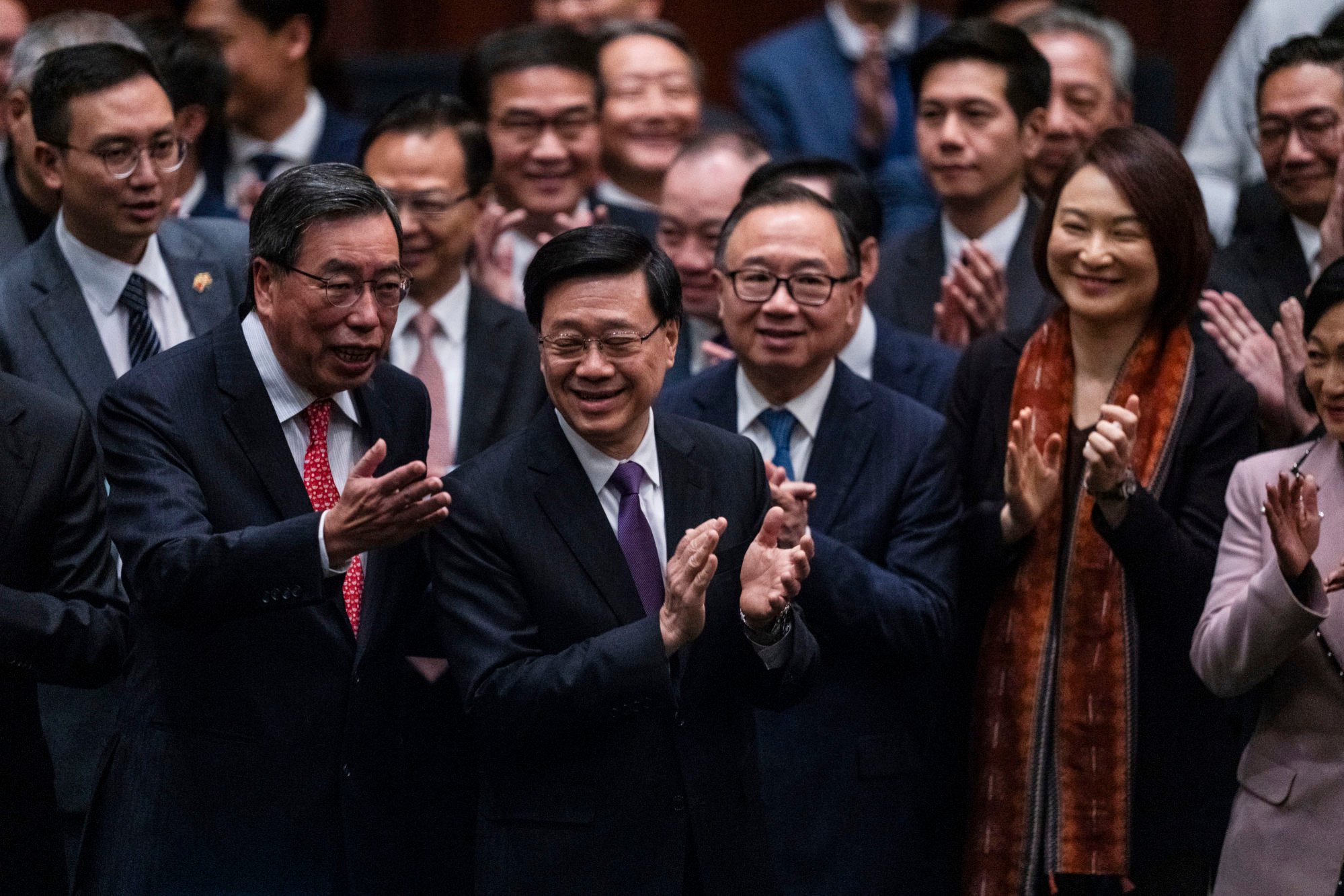
Treason, insurrection, inciting members of the Chinese armed forces to mutiny, and colluding with external forces to damage public infrastructure are the four offences punishable by up to life imprisonment. The latter can also apply to offenders based outside Hong Kong.
Lee has said that Article 23 is required to guard against “potential sabotage and undercurrents that try to create troubles”. In particular, he pointed to “ideas of an independent Hong Kong”.
The European Parliament resolution said that the article’s adoption “erases the last vestiges of fundamental freedoms in Hong Kong”.
It expressed “alarm” that the law “significantly impacts the work of the EU’s office and the member states’ consulates” in the city.
China’s ‘extreme’ national security focus a drag on business: US trade group
China’s ‘extreme’ national security focus a drag on business: US trade group
While the EU has criticised the law, it has not taken any punitive steps against Hong Kong.
In March, US Secretary of State Antony Blinken said the US was preparing to impose new visa restrictions on Hong Kong officials deemed “responsible for the intensifying crackdown on rights and freedoms” in the semi-autonomous city.
Speaking on behalf of the commission’s leadership at the debate, Virginijus Sinkevicius, the European commissioner for the environment, said that the law “threatens to further accelerate the erosion of fundamental freedoms and political pluralism in Hong Kong”.
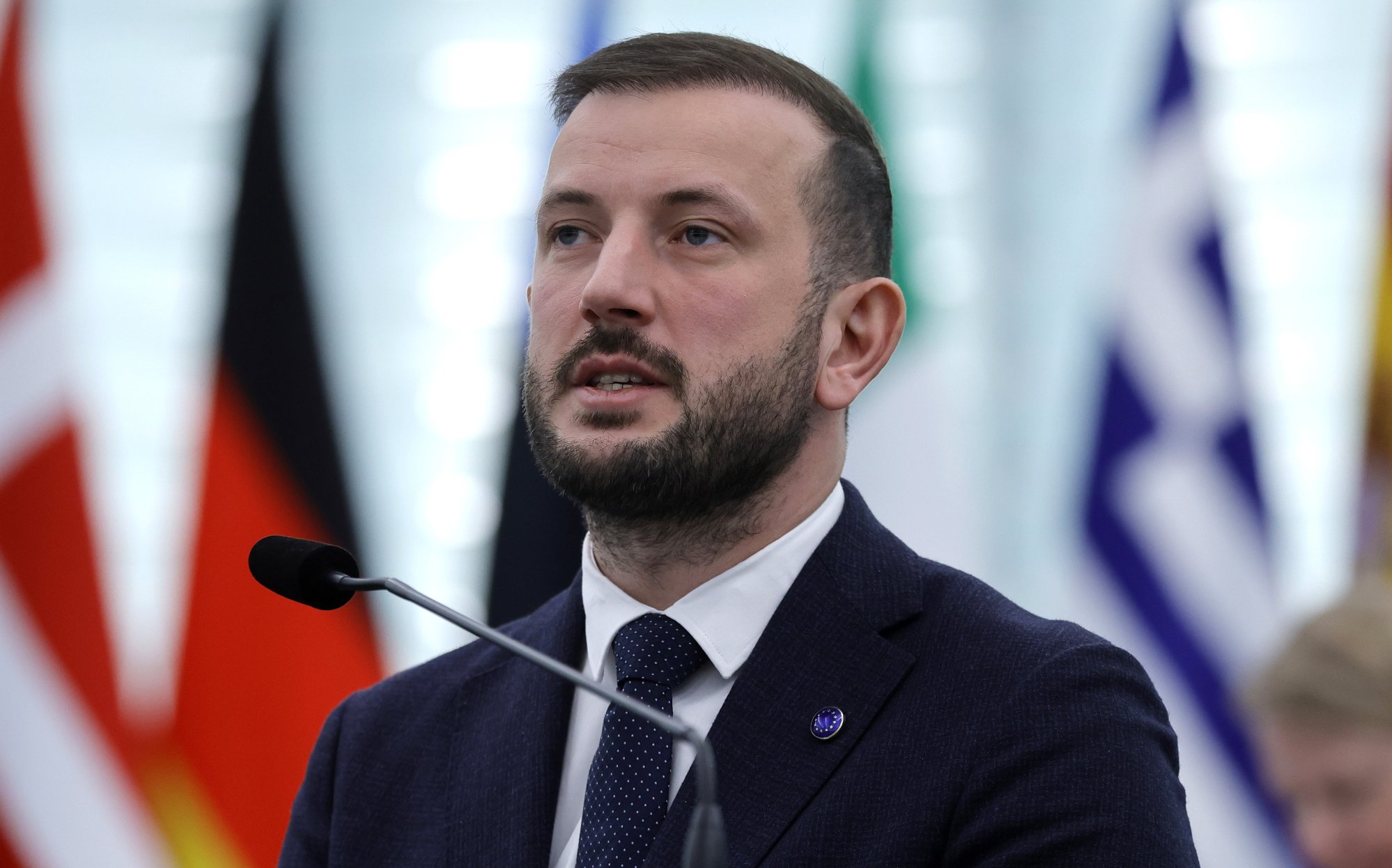
“The definition of state secrets found in the new legislation is exceedingly broad and enforce the definitions prevailing in mainland China to Hong Kong,” Sinkevicius said.
Reinhard Buetikofer, the head of the parliament’s China delegation who is retiring after this term, called on “all EU authorities to act vis-à-vis Hong Kong”.
He called for sanctions on Lee and for EU member states to “suspend all still-existing extradition treaties with Hong Kong and China”.
[ad_2]
Source link


